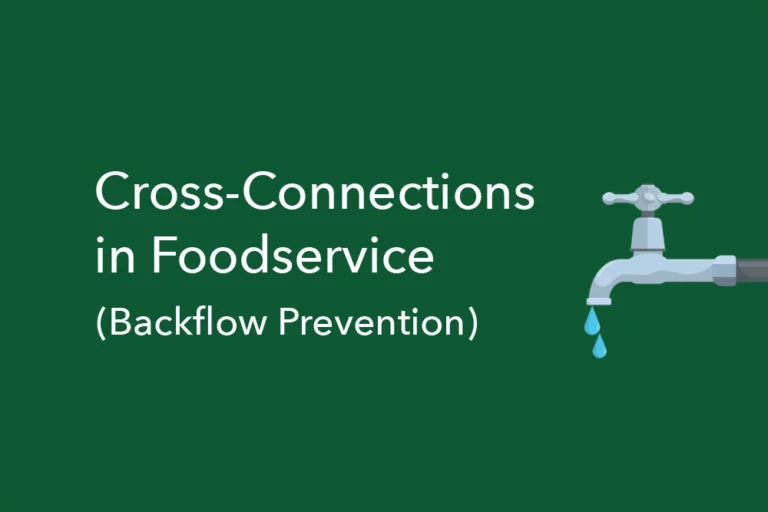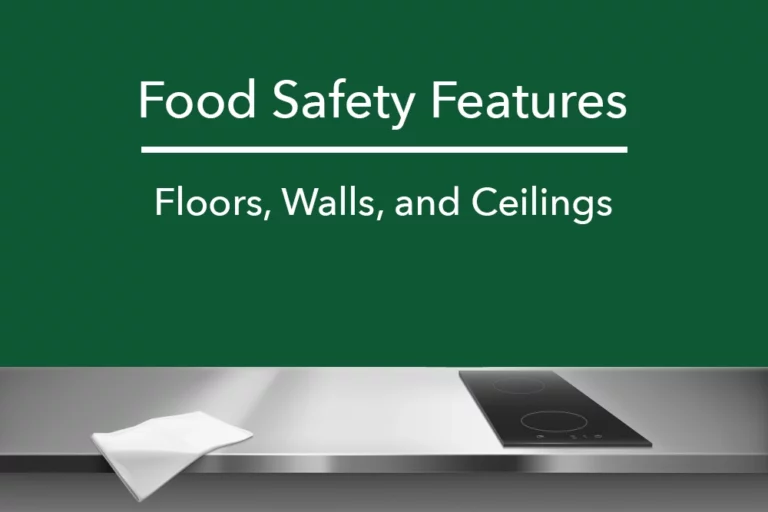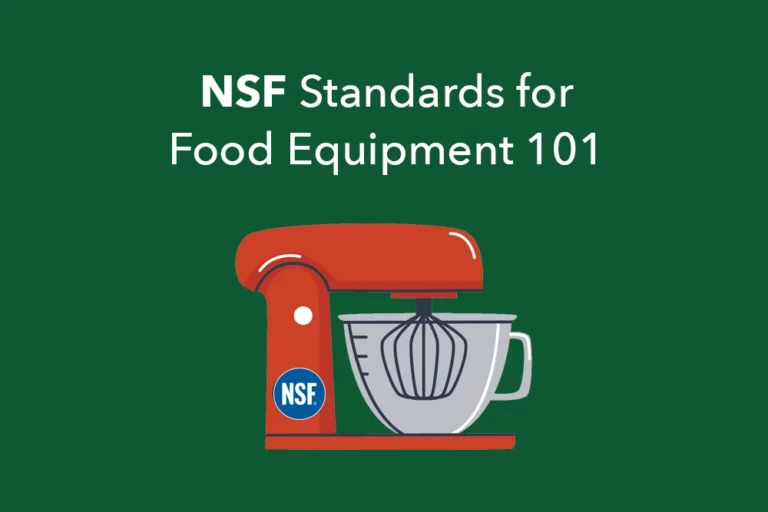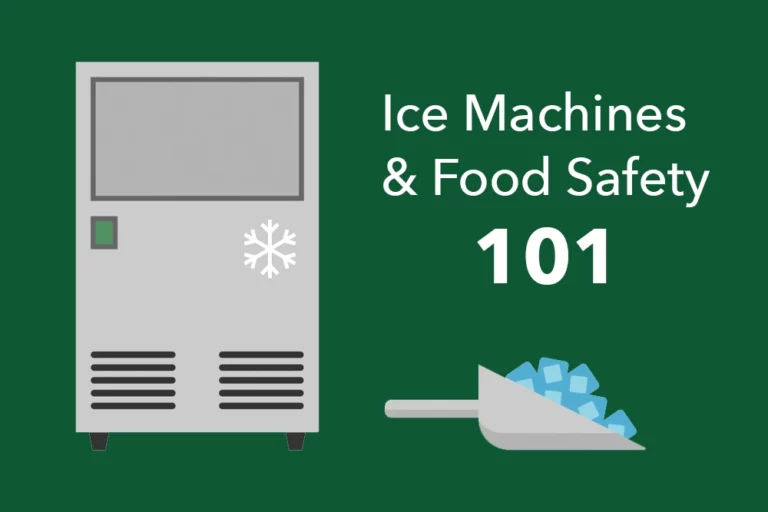CDM vs CFPM: What’s the Difference?
Traditional food establishments and places that prepare and serve food like healthcare facilities and schools must have at least one person in charge per shift.
This person generally must hold manager level training certification, demonstrating they know how to prevent foodborne illnesses and apply hazard analysis and critical control point (HACCP) principles.
The Certified Dietary Manager (CDM) and Certified Food Protection Manager (CFPM) are the only two widely-accepted programs by state and local health departments, but they have their differences.
This article breaks down the key differences between the CDM and CFPM certifications so you can determine which is best for you.

What is a Certified Dietary Manager (CDM)?
The Certified Dietary Manager (CDM) certification is granted to those who achieve competencies in five key areas:
- nutrition
- foodservice
- personnel and communications
- sanitation and safety
- business operations
Food safety is an essential competency area, so after earning certification, you also achieve the Certified Food Protection Professional (CFPP) credential. Together, they form the full title: CDM, CFPP.
To sit for the exam, you must meet the requirements of at least one of the following pathways:
- Pathway I: Completion of an approved foodservice manager training program with proof of completion or inclusion on the official graduate listing.
- Pathway II: A college degree in foodservice management, nutrition, culinary arts, or a related field, with at least one nutrition course and two foodservice management courses.
- Pathway III(a): Completion of a 90-hour foodservice course and two years of full-time non-commercial foodservice management experience.
- Pathway III(b): Completion of the classroom portion of an approved program and two years of full-time non-commercial foodservice management experience.
- Pathway IV: U.S. military graduates of a 90-hour foodservice training program with two years of non-commercial foodservice management experience.
- Pathway V: A college degree in another field plus five years of full-time non-commercial foodservice management experience.
The exam is three hours long and includes 160 multiple-choice questions. Of these, 140 questions are scored, while 20 are unscored pretest questions used for evaluation purposes. The exam must be completed at a designated testing center.
The exam fee is $425. This cost doesn’t include any study materials that you purchase to prepare for the exam.
To maintain the CDM credential, you must complete 45 hours of continuing education every three years. Nine of these must be in sanitation and safety and at least one hour must relate to professional ethics.
CDMs primarily work in healthcare facilities but also correctional facilities, schools, and universities.
Summary
There are five eligibility pathways to qualify for the CDM exam. The exam costs $425 and includes 160 multiple-choice questions. Certified Dietary Managers (CDMs) typically work in healthcare settings such as nursing homes but may also work in schools.
What is a Certified Food Protection Manager (CFPM)?
The Certified Food Protection Manager (CFPM) certification is granted to those who pass an exam from a program that is accredited by the ANSI-National Accreditation Board (ANAB) Conference for Food Protection (CFP).
These exams focus heavily on food safety topics, including:
- preventing cross-contamination and cross-contact
- ensuring personal hygiene and employee health
- managing time and temperature controls
- conducing cleaning and sanitizing
- managing physical facility design and maintenance
- preventing and controlling pests
Anyone who wishes to earn the CFPM credential by passing the exam can do so as there are no prerequisites. However, enrolling in a food manager training course is generally needed to pass the exam.
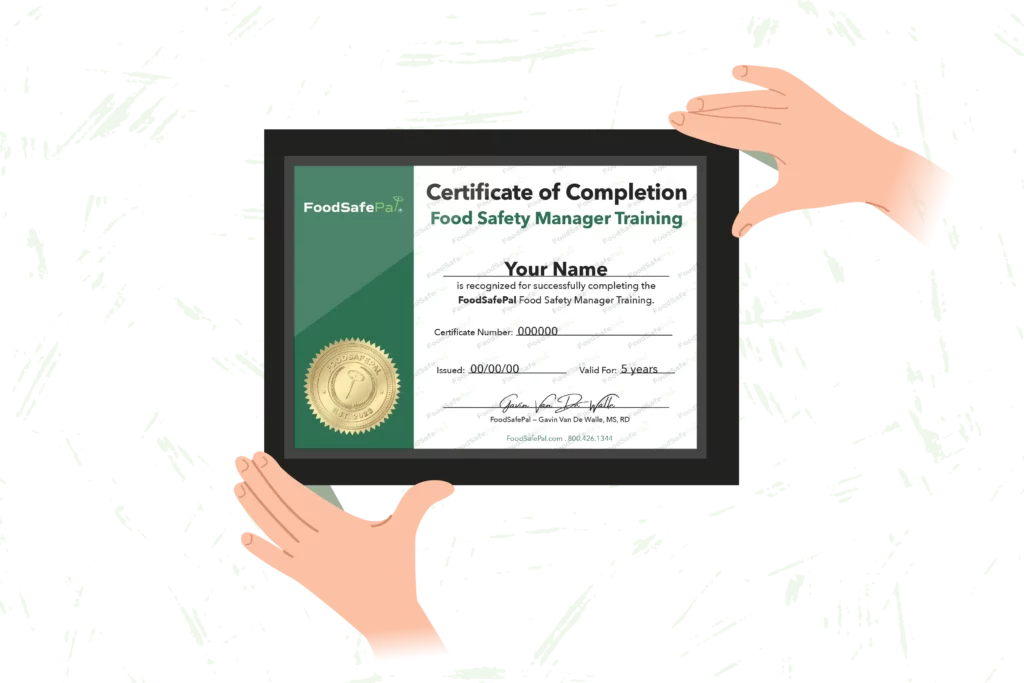
Food Manager Certification Prep Made Easy
Your best resource for preparing to pass the food safety manager certification exam with ease.
A handful of organizations offer the exam so the number of questions and cost varies, but you can expect anywhere from 70 to 90 multiple-choice questions, with 10 to 20 unscored, and to spend around $75 to $100.
The exam is proctored but can be taken using an online proctoring service. Some organizations make it possible to test at a center.
The certification must be renewed every five years by retaking and passing another exam from an accredited organization.
CFPMs may work in all food establishment settings, including healthcare facilities and schools.
Get a practice test to help you prepare for the CFPM exam.
Summary
There are no prerequisites needed to sit for the CFPM exam, which usually costs around $100 and consists of 70 to 90 multiple-choice questions. The CFPM credential is required nearly everywhere to serve as the person in charge or manager.
Side-by-side comparison
Here’s a side-by-side comparison between the CDM and CFPM credential:
| CDM | CFPM | |
|---|---|---|
| Prerequisites to take the exam | Meet one of five pathways | None |
| Cost (excluding training material or courses) | $425 | $75–$100 |
| Number of questions | 160 multiple-choice questions (20 unscored) | 70–90 multiple-choice questions (10-20 unscored) |
| What the exam covers | • nutrition • foodservice • personnel and communications • sanitation and safety • business operations | All aspects of food safety |
| Proctored | Yes (at a testing center only) | Yes (online or at testing center) |
| Maintenance/renewal | 45 hours of continuing education every three years | Must retake the exam every five years |
| Workplace | Usually healthcare facilities and schools | All food establishments |
Summary
While many organizations may offer some type of food safety certification, only organizations accredited by the ANAB-CFP are deemed valid by health departments.
Which should you choose?
Food safety is about 25% of what the CDM exam covers while the rest of it covers topics related to nutrition, foodservice, and business operations — topics more specialized for healthcare.
To this point, the Centers for Medicare and Medicaid (CMS) — the regulatory body for healthcare facilities — recognizes the CDM as one of the qualifications that a person must meet to serve as the director of food and nutrition services.
The CDM also works closely with registered dietitians to provide quality nutritional care and perform other specialized tasks that aren’t inherent to traditional food establishments like restaurants.
The CDM is widely regarded as the gold standard certification for foodservice managers in healthcare because it requires specialized competencies. However, CMS also accepts the CFPM as a qualification for this role.
Still, even with the CDM, many states still require the CFPM credential since the Certified Food Protection Professional (CFPP) credential earned alongside the CDM isn’t accredited by the ANAB-CFP like the CFPM.
In contrast, the CFPM certification is nationally recognized and is required in nearly every state, no matter the work setting.
Summary
Earning the CDM is great if you are the food manager at a healthcare facility like a nursing home, but most states still require that you earn the CFPM credential.
The bottom line
The CDM and CFPM certification are the two most well-known and accepted certifications for food managers.
The CDM is designed more for those working in healthcare, while the CFPM is for anyone serving in the manager or person in charge role at a food establishment.
Even with the CDM, you will likely have to earn the CFPM credential since it holds the accreditation required by state and local health departments.

Food Manager Certification Prep Made Easy
Your best resource for preparing to pass the food safety manager certification exam with ease.

